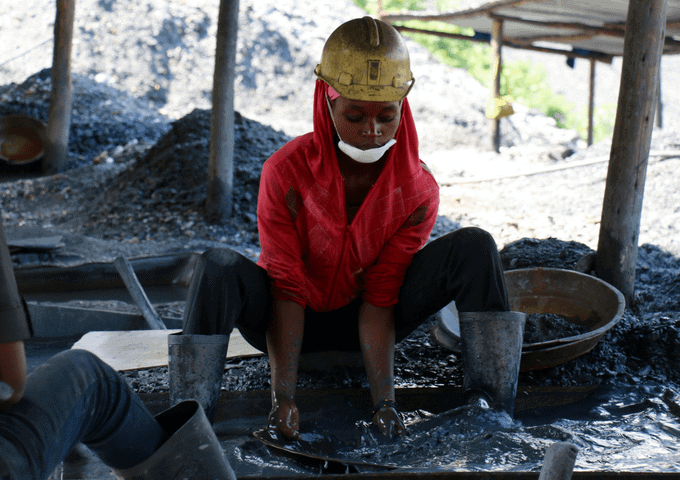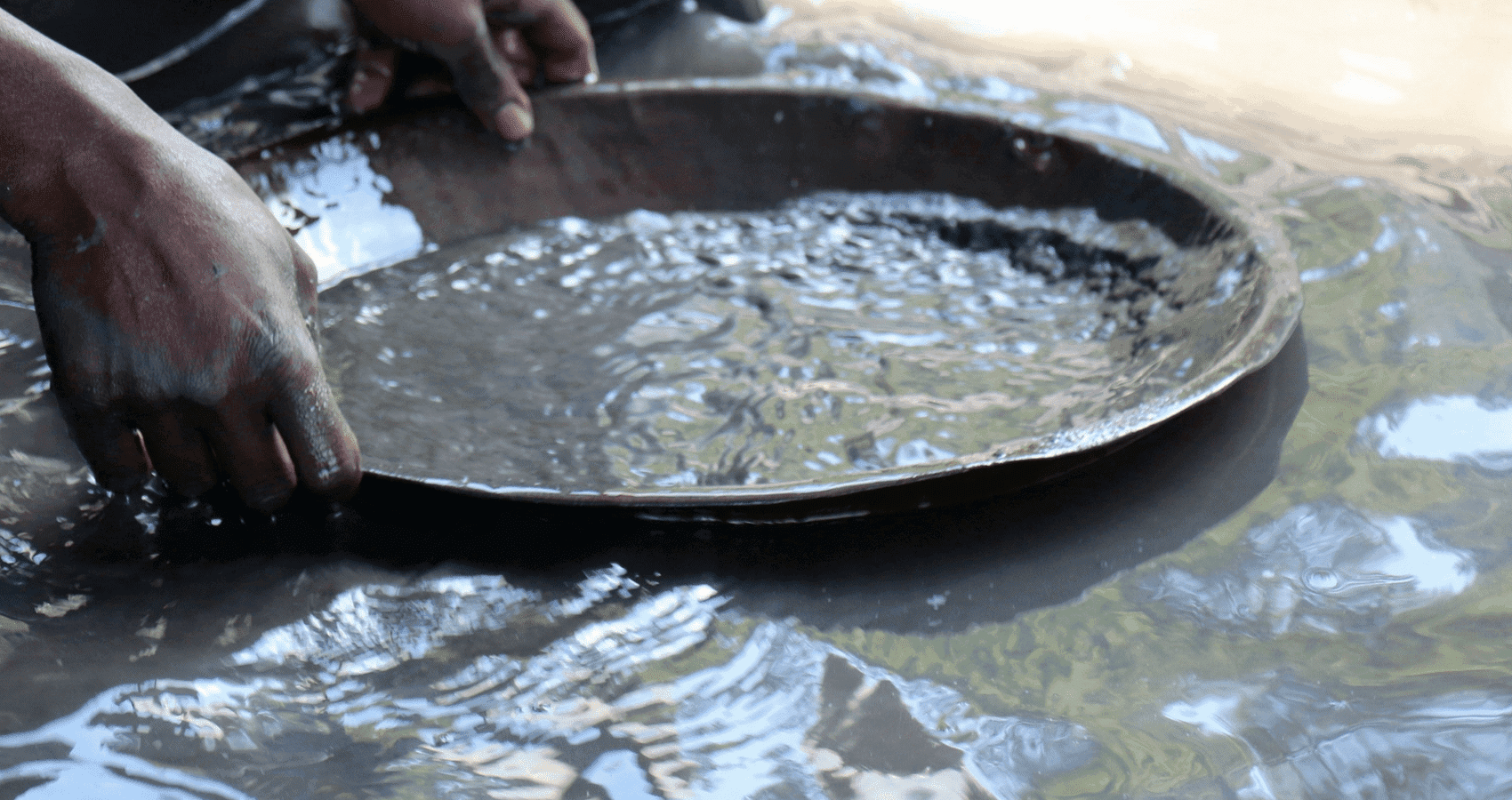A key challenge facing the artisanal and small-scale mining (ASM) sector is its gender imbalance. This inequality results in reduced opportunities for women, including a lack of land rights, an inability to access resources, a lack of access to education and a lack of economic empowerment.
Although various policies and initiatives have been put in place to address gender imbalances within the sector, there is a missing link: bridging the gap between the documented policies and the actual practices.
Access to finance may be one of the biggest impediments to empowering women artisanal miners. An IFC-Mckinsey study estimates that merely 10 per cent of registered female entrepreneurs with small or medium-sized enterprises (SME) have access to finance to grow their business. For example, there has been a fragmented approach to addressing the challenges faced by women in the coloured gemstone industry. Although various governments and non-profit organizations have utilized piece-meal approaches in the past to improve productivity across the value chain, these attempts have resulted in little change for women in ASM.
How can we improve the processes of financing women in ASM and address gender imbalances within the sector? Below are four ways universities and non-governmental organizations (NGOs) can play a critical role.

Conducting Due Diligence Studies
As part of its community outreach or service, universities can conduct due diligence studies and proper evaluation of prospective mining projects and operations, focusing on geological resources, technology, human expertise and financial feasibility. This is also beneficial for funders and banks to gain confidence in recovering their funds through investing in viable business proposals.
Awareness of Women-Focused Services
Due to cultural norms, women in ASM can face a variety of barriers, including access to resources and restrictions on what jobs they can perform on mine sites. It is also not uncommon to see women miners working with their children playing nearby, as they are typically responsible for both domestic and income-earning activities. Universities can support women in artisanal mining by educating them on available resources, such as associations, childcare facilities, professional training or educational opportunities. Universities can also provide the technical expertise women miners require to establish their own services.
Capacity-Building Opportunities
Techniques used by artisanal miners can be rudimentary and, at times, unsafe. This can result in poor recovery of valuable gemstones, unreclaimed mine sites posing dangers to local communities and environmental degradation. NGOs can provide capacity-building initiatives related to business appreciation, occupational health and safety, environmental management, appropriate technologies, production management and sustainable mining practices to mitigate these risks. This training would benefit both the financial institutions providing financial support to ASM miners and the miners themselves. Within these capacity-building initiatives, NGOs can ensure that miners are up to date with the Minerals (Prospecting and Mining) Act, the Environmental Management Act and other relevant legislation.
Monitoring and Evaluation Support
Universities can also play a role in monitoring women ASM miners throughout the pre- and post- lending phases. With a third party monitoring the operations, governance and accountability increases and support can be given if difficulties arise within the project, to assist women miners with corrective action. This approach helps bridge the policy and implementation divide while encouraging enhanced participation by women in the sector due to increased support.
Women represent a large percentage of the ASM workforce and supporting their efforts is crucial to their success. When universities and NGOs provide the necessary resources to help women prosper within the sector, it can foster their economic independence and social transformation.
This guest blog was written by Dr. Harmony Musiyarira, Head of the Mining and Process Engineering Department at the Namibia University of Science and Technology. Dr. Musiyarira spoke at IGF’s 13th AGM as part of the Minerals and Energy for Development Alliance (MEfDA) lunch session on financing women in mining.

